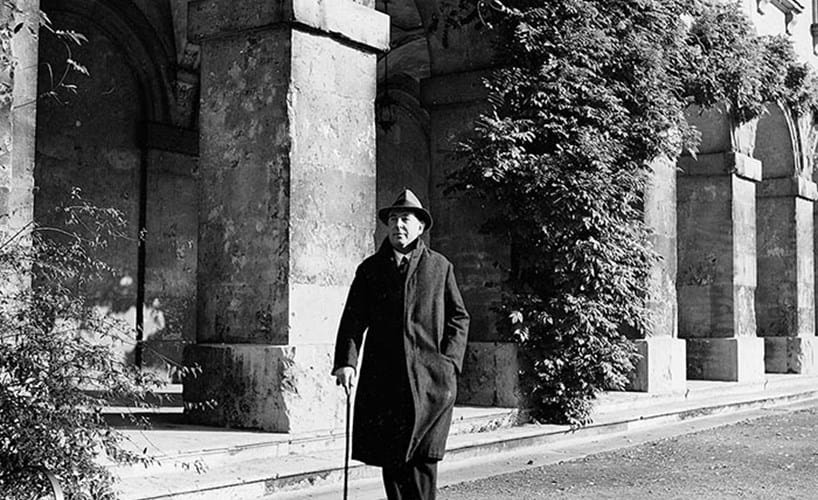
Making a New PoW Chain: The Hard Parts
Creating a new Proof-of-Work blockchain is significantly more challenging than launching a Proof-of-Stake chain. Aleo abandoned pure zkPoW after a single entity dominated their testnet, SiaCoin nearly collapsed trying to balance fairness with profitability, and even Bitcoin suffered from the ASICBoost vulnerability that gave Bitmain an unfair advantage for years.
There are at least three critical challenges for a secure PoW launch.
- The work puzzle must resist amortization, especially for novel designs like zkPoW where the entire zkVM must guarantee only one valid computational transcript exists per puzzle.
- Sufficient honest mining power must exist at genesis.
- The initial mining community needs careful bootstrapping, balancing early token issuance against long-term incentives.
The Nockchain team is taking Bitcoin's approach: no pre-mine, open-source reference implementation, and gradual optimization over time. The unique challenge of zkPoW is that using SNARKs as mining puzzles creates novel attack surfaces around witness generation and proof verification, demanding formal guarantees of both functional correctness and cryptographic properties.
Read the full article from @ZorpZK.
The Highest Poverty: Monastic Rules and Form-of-Life (2013)
The Italian philosopher Giorgio Agamben studies the history of monasticism as an attempt to construct what he calls a "form-of-life."
Monastic rules weren't legal codes, but neither were they mere customs. The rules were not formal obligations, but guidelines to a way of life that each member would try to achieve. Each monastic order represented a novel attempt to merge rules and norms with life itself.
The goal was to live life well according to a certain spirit—to shape the spirit correctly—but in a way that would be superior to mere rule-following. The goal was a "third thing," Agamben says, beyond rules and all of earthly life itself.
The monastic invention of the "form-of-life" prefigured the so-called Protestant work ethic and many Western legal concepts.
The Weight of Glory: C.S. Lewis on Love and Desire
C.S. Lewis argues that active, positive love is more important than "unselfishness," a merely negative virtue that is prized too dearly today. Love is about securing good things for others. The New Testament promotes self-denial not as an end in itself, but as a means to obtain ultimate rewards.
Desiring reward does not make one's faith mercenary. Lewis distinguishes between proper and improper rewards: money isn't the natural reward of love, but marriage is. Heaven isn't a "bribe," it's just the proper consummation of a life lived correctly. One must learn to desire the ultimate reward.
Earthly desires for beauty, music, etc., are mere shadows of what we really want. These earthly desires are:
"the scent of a flower we have not found, the echo of a tune we have not heard, news from a country we have never yet visited."
Modern philosophies try to convince us that Earth is our home, but this never satisfies because we know that all earthly happiness ends in death. Our desires are "not too strong, but too weak."
The Weight of Glory (1941) by C.S. Lewis.
How the Typewriter Changed Nietzsche
Friedrich Nietzsche's writing career took a dramatic turn in 1881. Before then, he published about one book every three years. After 1881, his output nearly tripled to one and a half books per year. The cause? Near-blindness forced him to abandon handwriting, in favor of a Malling-Hansen writing ball typewriter.
The typewriter didn't just improve his productivity, it changed how he thought. The mechanical punctuation of typewriter keys contrasted sharply with the flow of pen and ink. Sustained reflection and complex reasoning shifted toward aphorisms, puns, and telegram-style prose. The transformation was so pronounced that even some of his contemporaries observed how his 1882 work The Gay Science stood in "marked contrast" to his earlier writings. As Nietzsche himself once wrote:
"Our writing tools are also working on our thoughts."
At the time, the typewriter was considered "automatic writing." Its fixed array of letter keys prefigures machine memory and digital computing. The binary choice to press a certain key, or not, marked an incipient shift from analog to digital consciousness.
Analog (2023) by Robert Hassan.